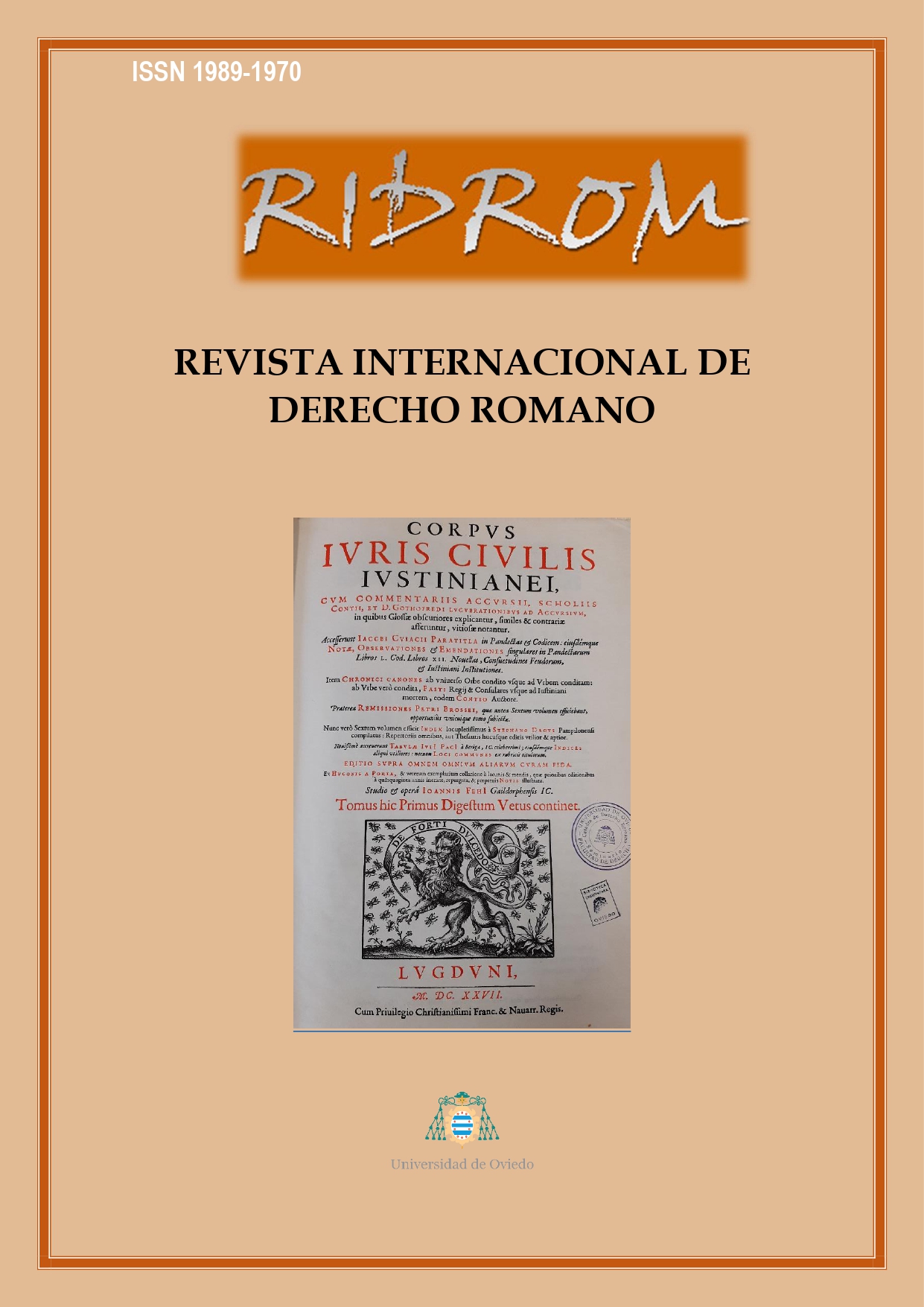Resumen
This contribution examines §3 of the athenian decree on weights an measures from the end of the 2nd century BC (IG II² 1013) where the use of a new volume measure is ordered, and especially its §4, where the market weight of the mna is altered, attempting to clarify its legal aim and economic implications. So far, this reform has been discussed by some historians as a matter of confrontational economic policy. Examining the relation among roman and athenian weight units, it is argued that this law led to an easier convertibility among units, facilitating commerce among territories familiar with either notation, reducing transaction costs as defined by Douglass North. The interpretation of the decree in a protectionist manner of Rome against Athens is contrasted with the proposition that it might be better understood as a pragmatic regulation achieving harmonization by standardization., This contribution examines §3 of the athenian decree on weights an measures from the end of the 2nd century BC (IG II² 1013) where the use of a new volume measure is ordered, and especially its §4, where the market weight of the mna is altered, attempting to clarify its legal aim and economic implications. So far, this reform has been discussed by some historians as a matter of confrontational economic policy. Examining the relation among roman and athenian weight units, it is argued that this law led to an easier convertibility among units, facilitating commerce among territories familiar with either notation, reducing transaction costs as defined by Douglass North. The interpretation of the decree in a protectionist manner of Rome against Athens is contrasted with the proposition that it might be better understood as a pragmatic regulation achieving harmonization by standardization..Descargas
Los datos de descargas todavía no están disponibles.

